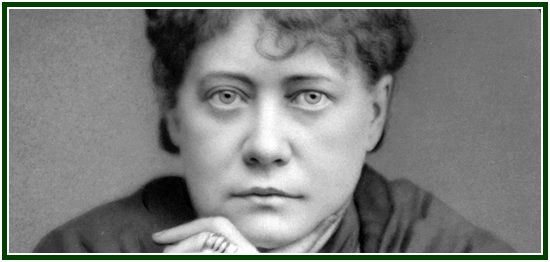
Yet the Use of the So-Called Tibetan
Buddhism by the CIA Should Be No Surprise
Carlos Cardoso Aveline

Truth is not always pleasant: let us see an example.
If one can accept well-established facts, it is necessary to admit that the XIV Dalai Lama and the so-called Tibetan Buddhism do not limit themselves to having a significant collaboration and many things in common with a number of Hollywood artists. The Dalai Lama and his Buddhism are also known for their close cooperation with the CIA, the U.S. government Agency that has been used to fabricate lucrative wars and military coups around the world.
For these and other reasons, Tibetan Buddhism, having become in part North-American, has scarcely anything to do with classic Theosophy.
The relations of the Dalai Lama with the CIA – monetary and otherwise – are well documented and unquestionable. Nobody has to “denounce” them, for they are public. Nobody denies them. This video summarizes the facts:
However, the cooperation between “Tibetan” Buddhism and the agency in charge of fabricating and sustaining wars around the world cannot come as a big surprise for students of Theosophy – for Helena Blavatsky wrote in 1888:
“There are good and bad priests in Buddhism, just as there are among the Christians. I detest the sacerdotal caste, and always distrust it, but I have absolutely nothing against the single individuals who compose it. It is the whole system for which I have a horror, just as every honest man has, who is not a hypocrite or a blind fanatic. The majority are prudent and keep silent; as for me, having the courage of my opinions, I speak and declare exactly what I think.” [1]
There was never a good reason for theosophists to see Tibetan monks as real sages, for Blavatsky wrote that most of them are actually ignorant and foolish people.
She said:
“There is beyond the Himalayas a nucleus of Adepts, of various nationalities, and the Teshu [Panchen] Lama knows them, and they act together, and some of them are with him and yet remain unknown in their true character even to the average lamas – who are ignorant and fools mostly.” [2]
This is not Blavatsky’s personal testimony only. In the Mahatma Letters, a Master of the Wisdom describes the long religious ceremonies of which he had to personally participate every year, and says they are but “glittering bubbles to amuse the babes with”. Due to such ceremonies, which unfolded during various days, he admitted: “I will be busy night and day, morning, noon, and evening.” [3]
Realism is part of that necessary respect for truth which one must have, in order to avoid living in a paradise of fools.
The theosophical movement must get rid of its attachments to ritualism, to outward forms, and to blind obedience regarding “famous” personalities.
Theosophists have the high privilege of being able to renew themselves and their movement by acknowledging the centrality of ethics, of decency, of moderation; and by choosing the anonymous process of building a meaningful life. Each honest person is a center of inner renewal for humanity as a whole. Even the wind of the desert knows that the future of mankind is luminous, and that it has its seeds in the heart and mind of millions of persons of good will.
NOTES:
[1] “Collected Writings”, Helena P. Blavatsky, TPH, USA, vol. IX, 394-395. This is part of the article “Reply to Abbé Roca”.
[2] Quoted in “HPB – The Extraordinary Life and Influence of Helena Blavatsky, Founder of the Modern Theosophical Movement”, by Sylvia Cranston, A Jeremy P. Tarcher/Putnam book published by G.P. Putnam’s Sons, New York, copyright 1993, 648 pp.; see part 3, chapter 6, page 83. The passage is on page 107 of the Brazilian edition of the book.
[3] “The Mahatma Letters”, Letter XVI, lower half of p. 116.
000
The above article was published on the websites of the Independent Lodge of Theosophists on 26 September 2024. An initial version of it is part of the March 2024 edition of “The Aquarian Theosophist”, pp. 4-5.
000
Read more:
* Other writings of Carlos Cardoso Aveline.
000

Helena Blavatsky (photo) wrote these revealing words: “Deserve, then desire”.
000